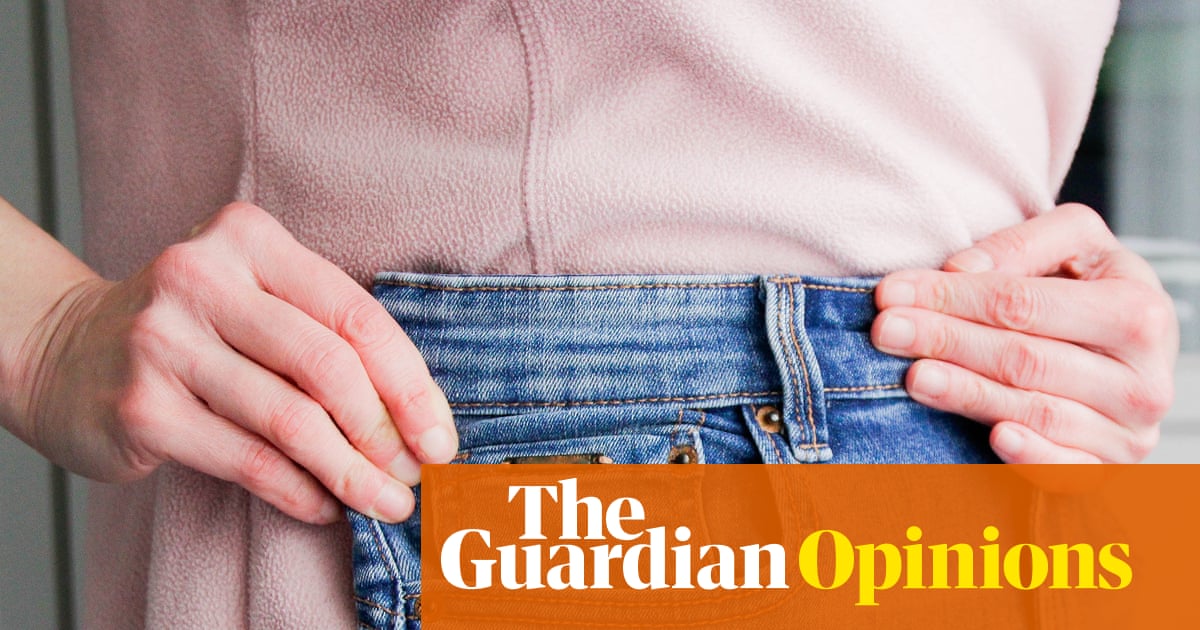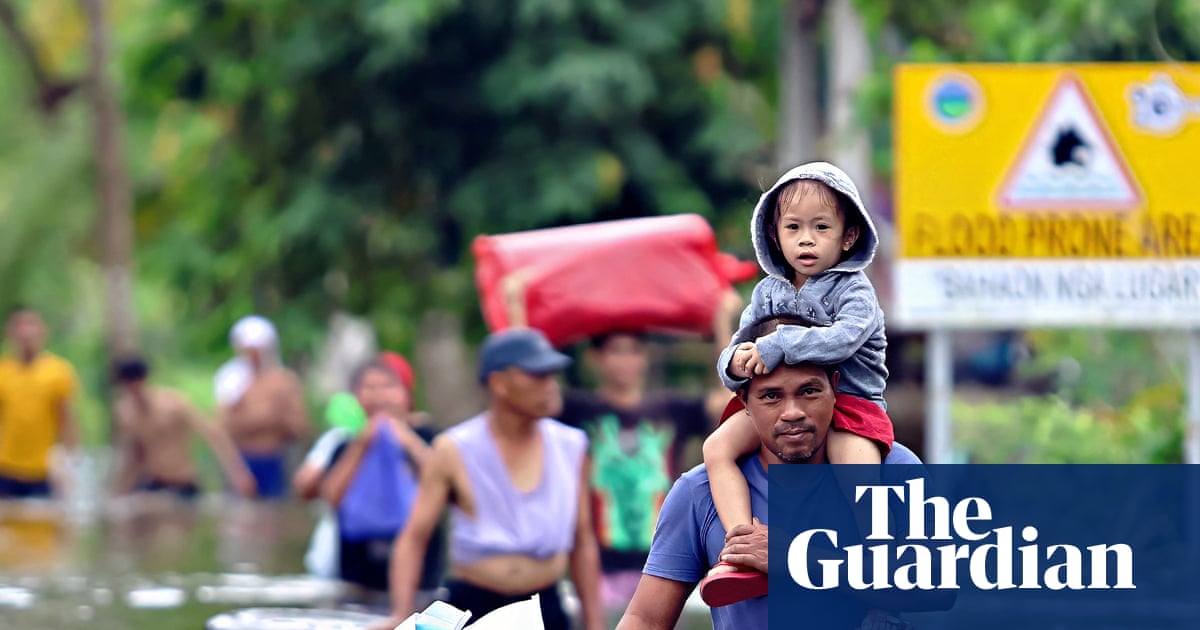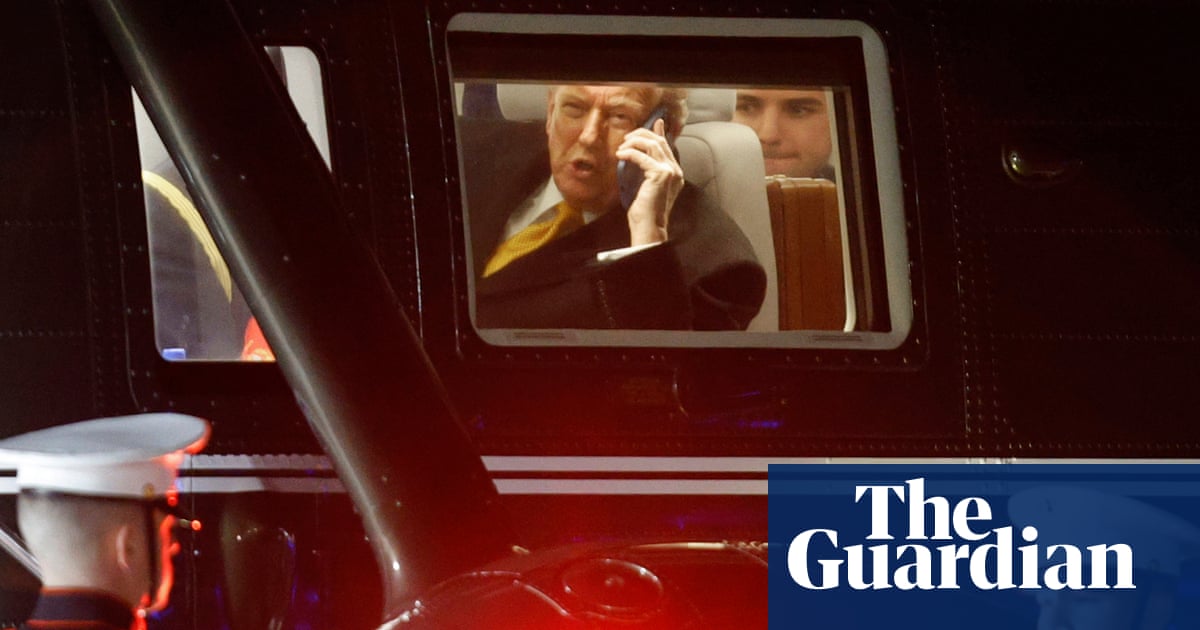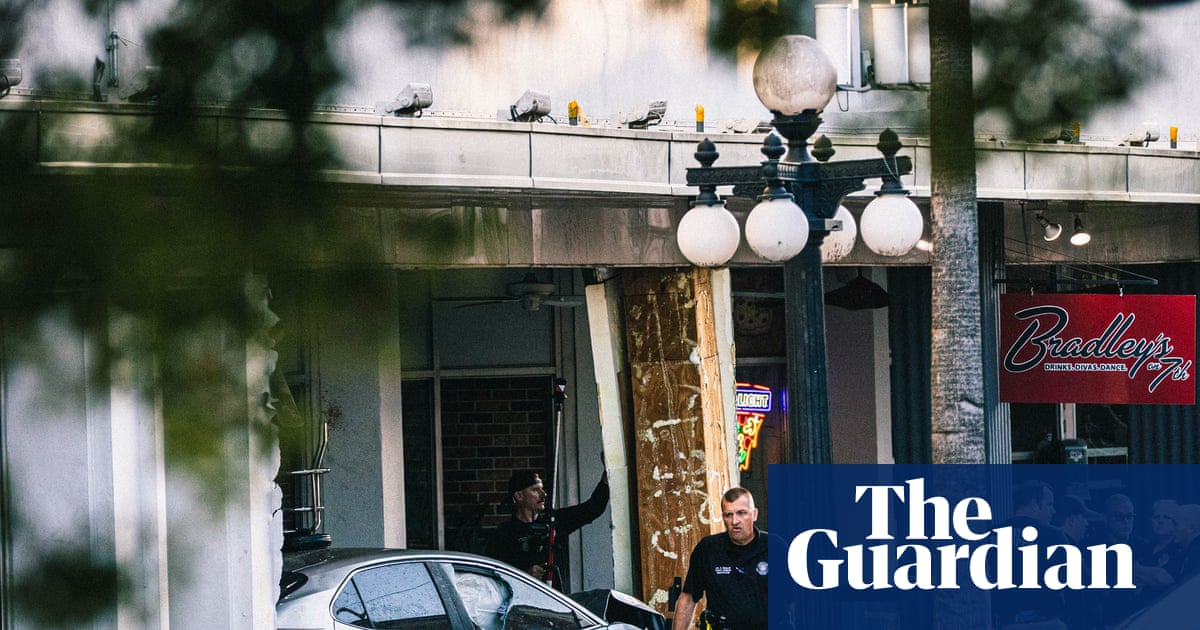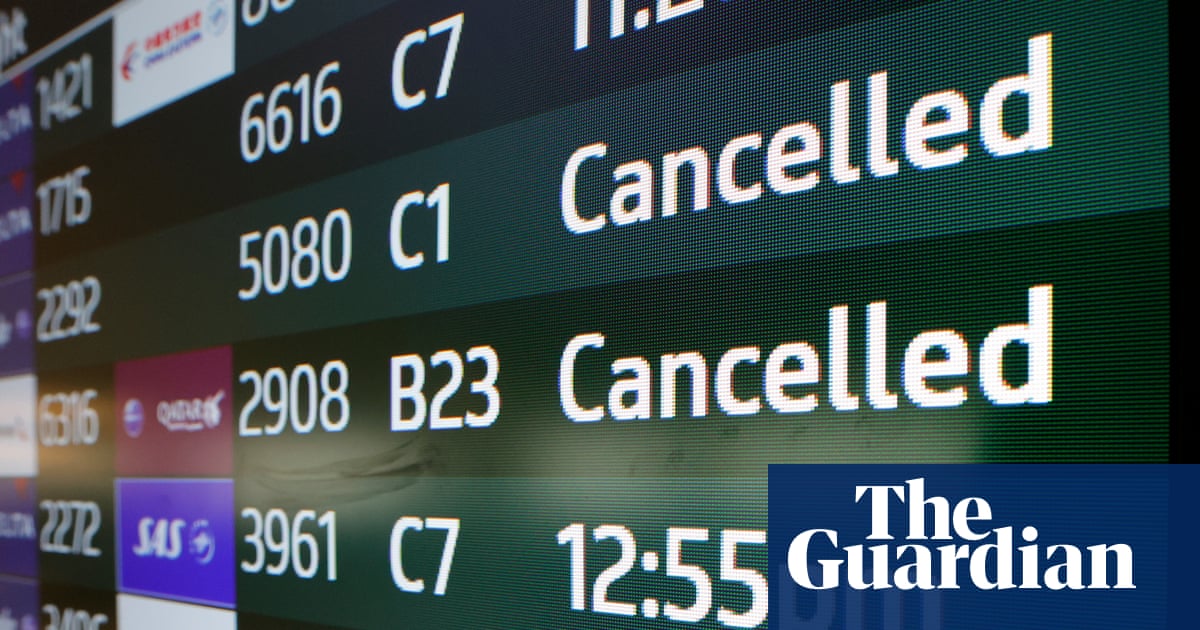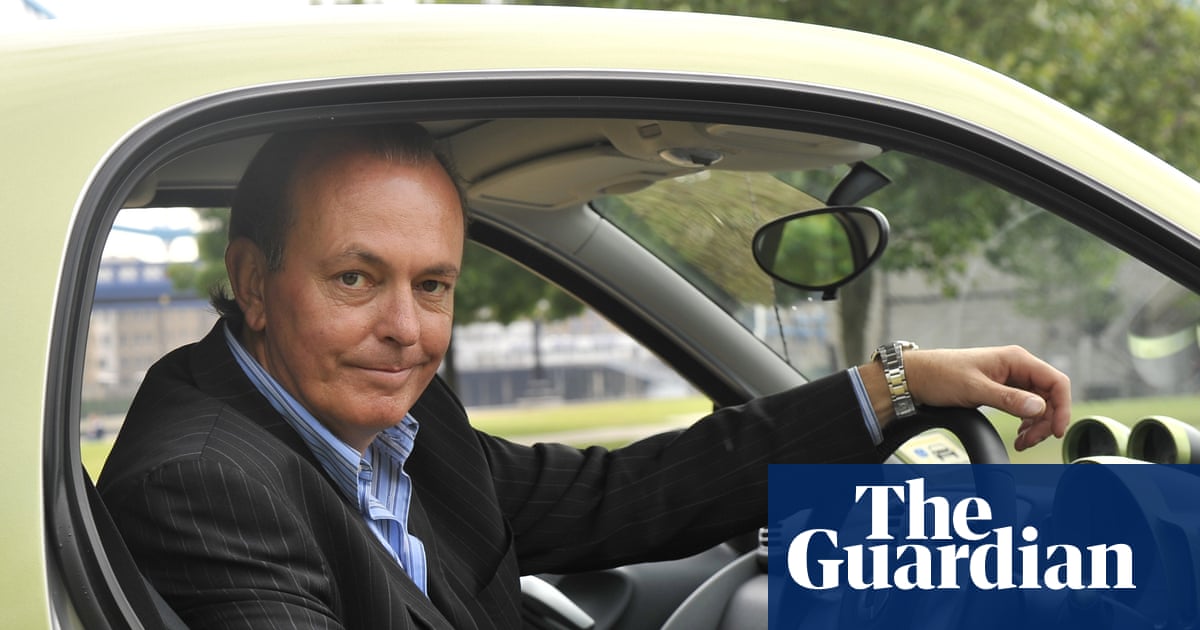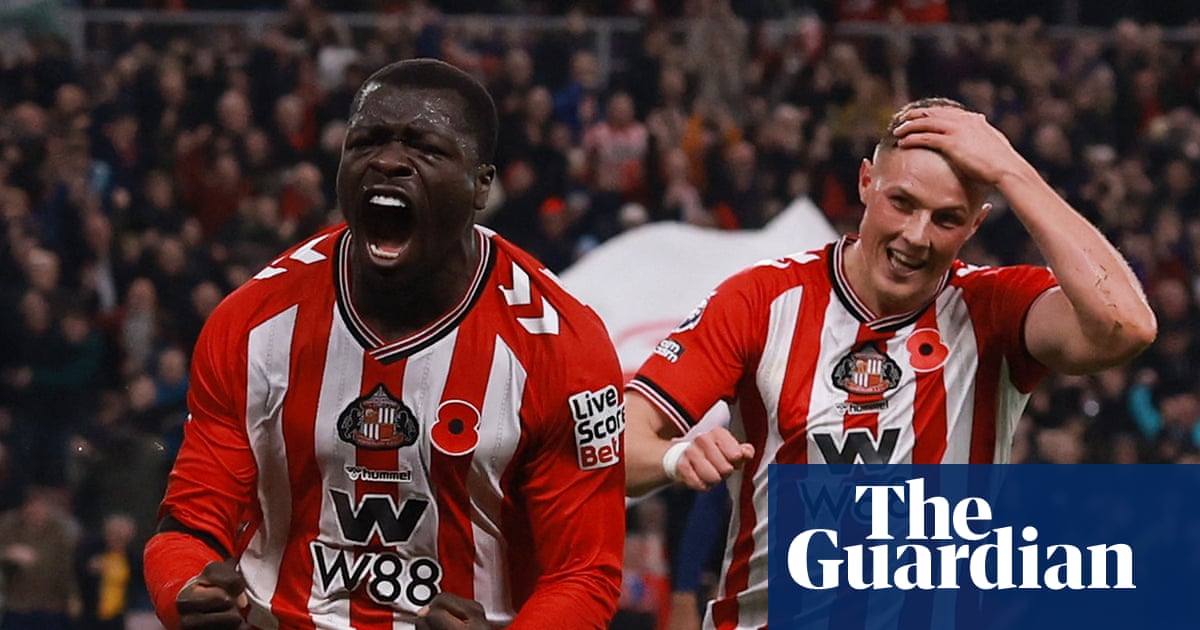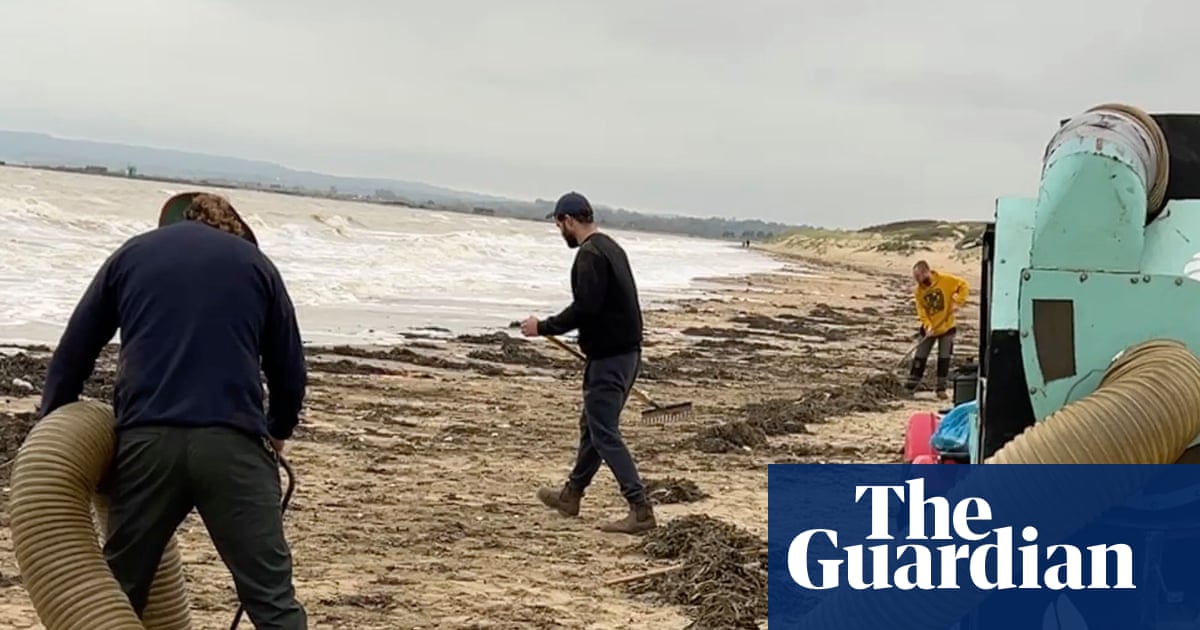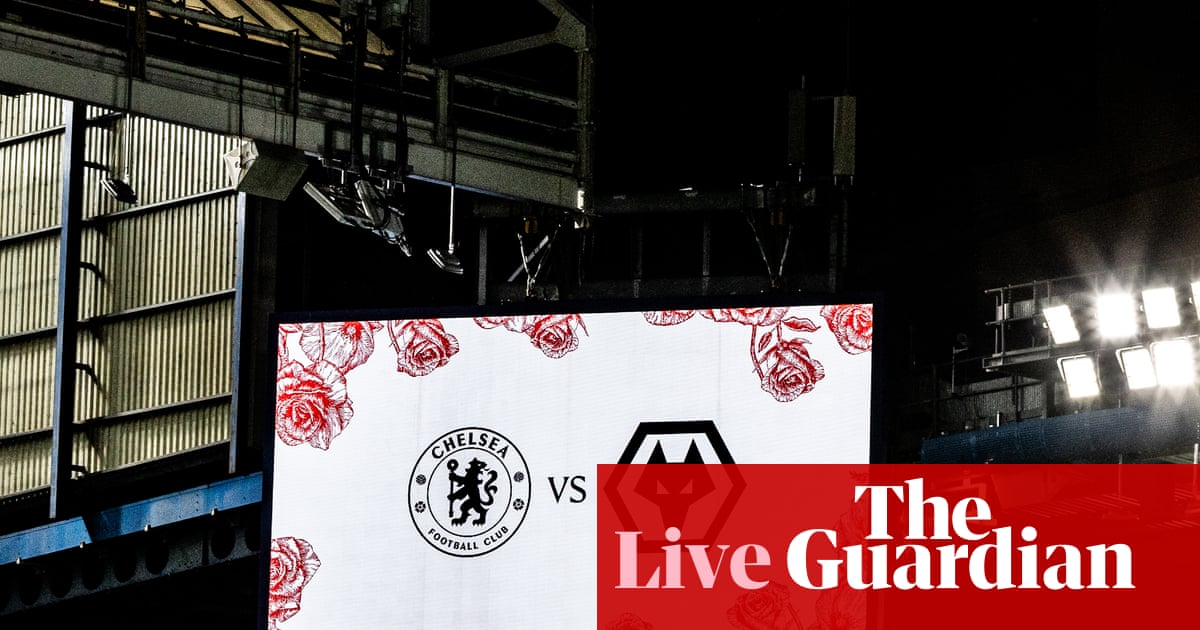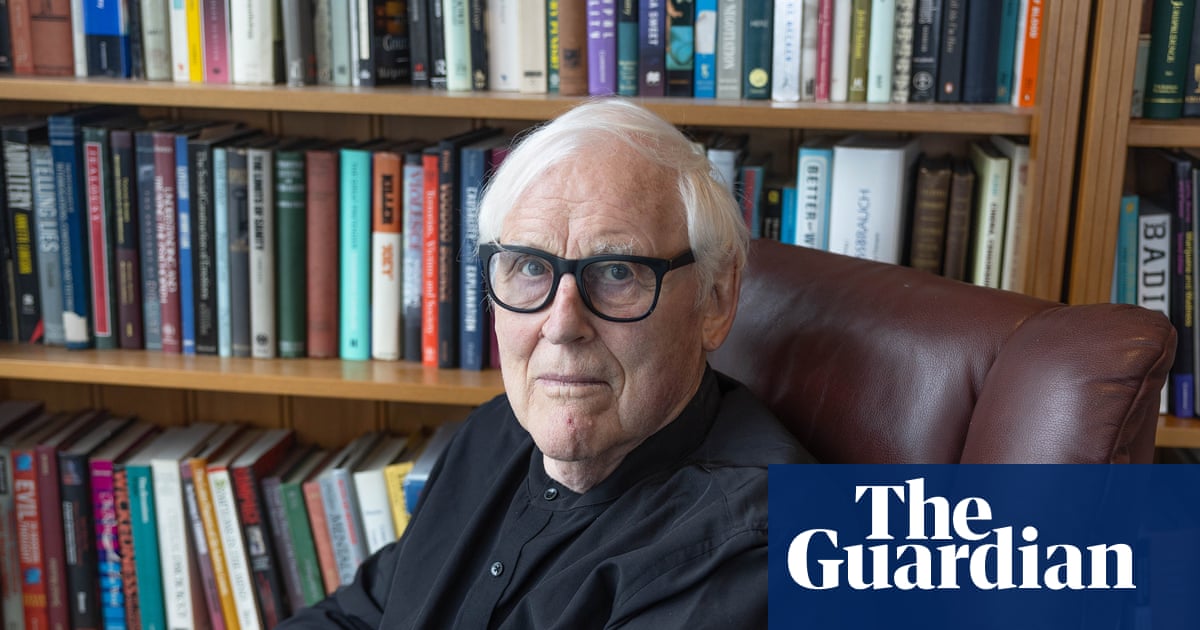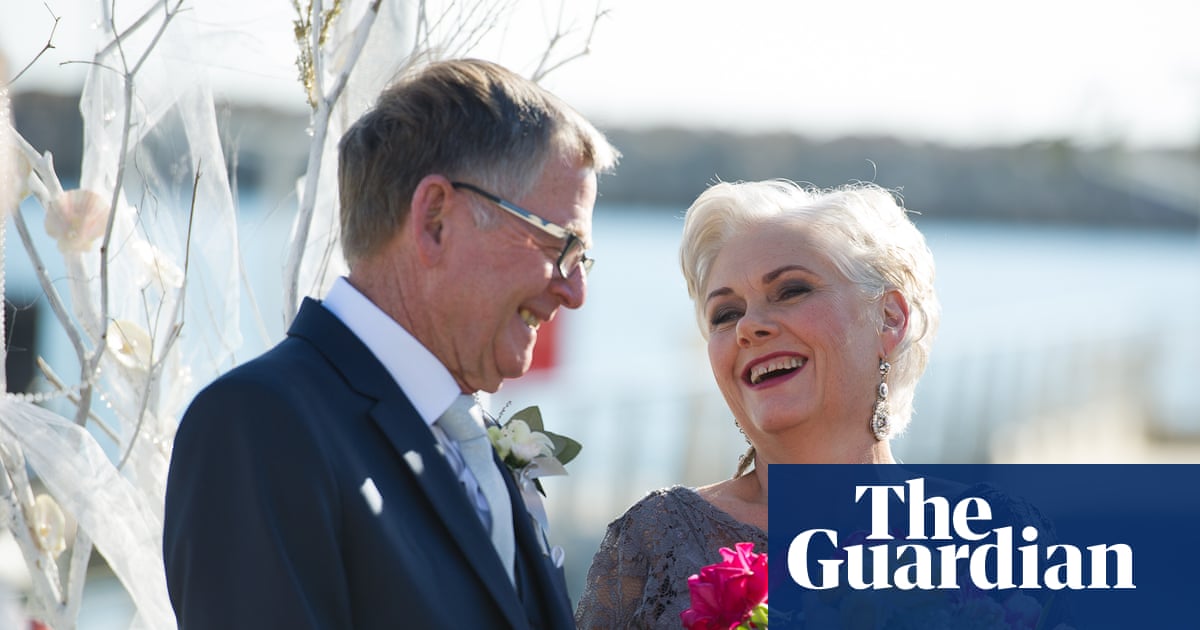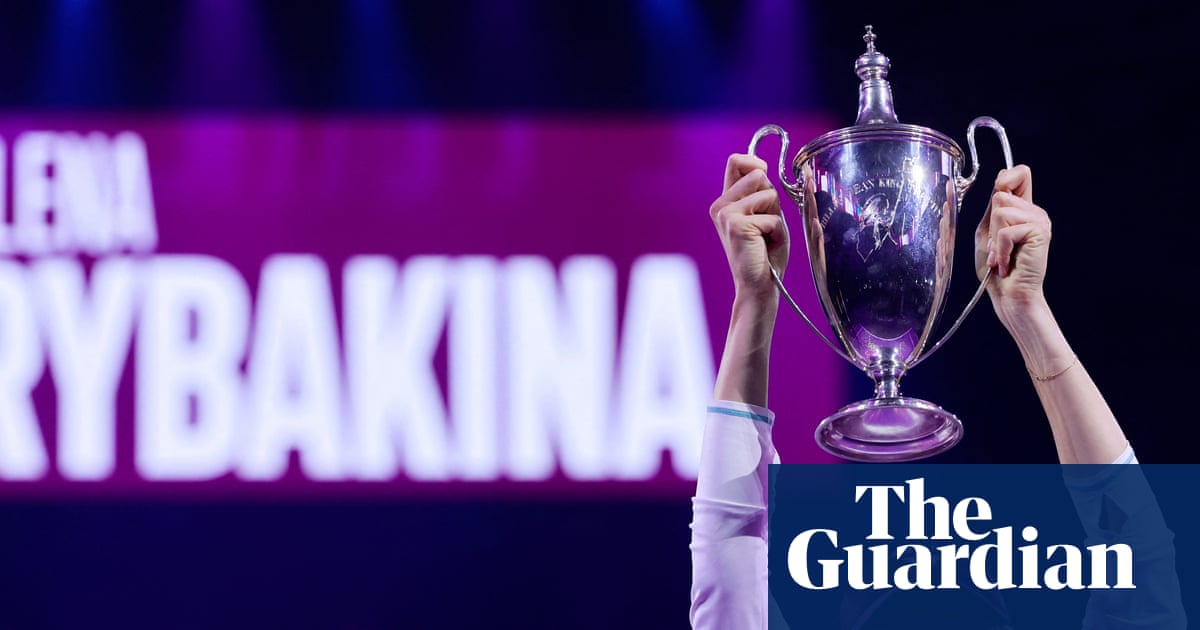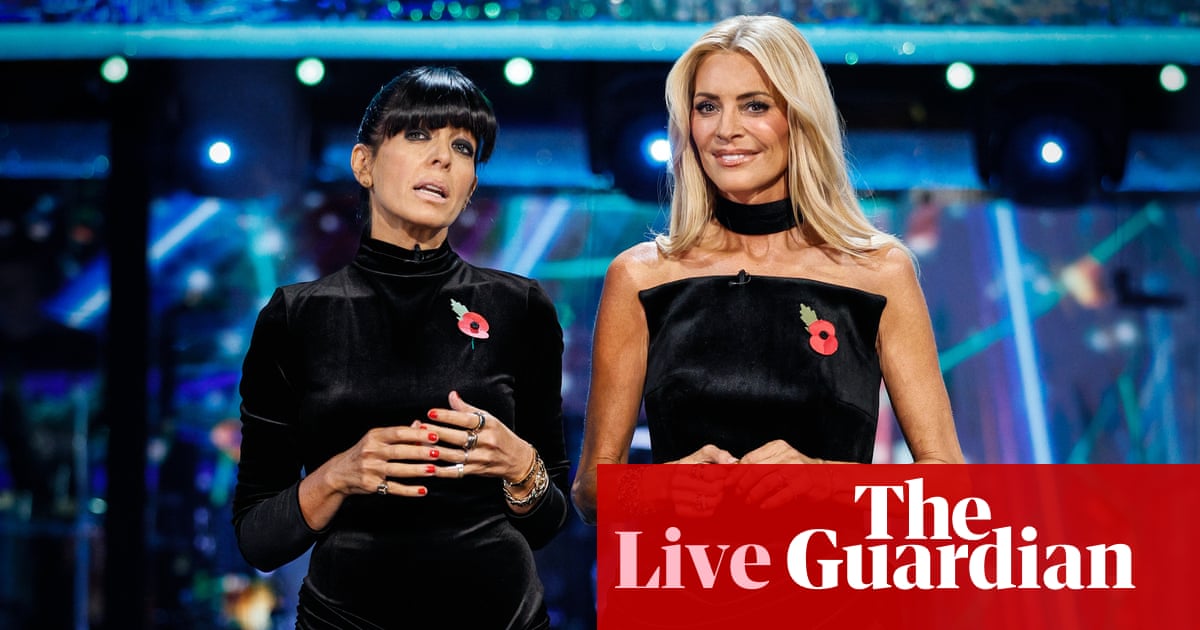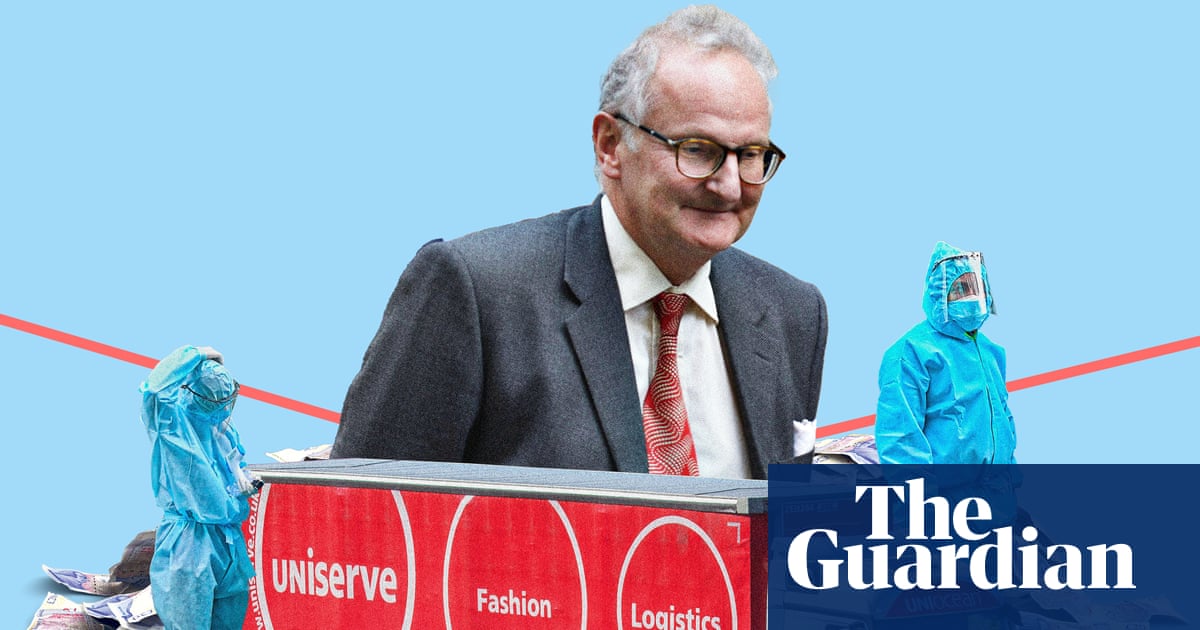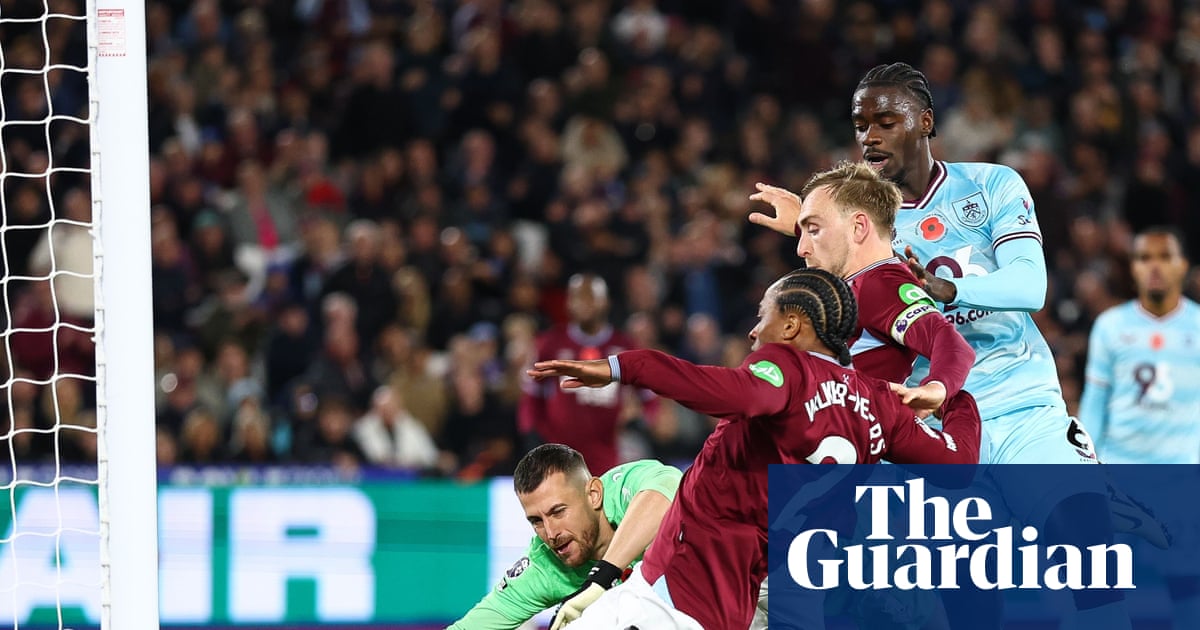This is the story of a friendship between two boys and a giant model horse. Because the boys are Palestinian, and the horse is stationed at a roundabout in Jenin in the West Bank, this is not only a coming-of-age drama but also a look at the brutality of the Israeli occupation, endured by Palestinian civilians over many decades.
In this case, the civilians are best friends growing up amid the rubble of repeated invasions, learning to play alongside it. The story begins long before 7 October 2023, although it finishes here, when the model horse is ripped down and destroyed by an Israeli tank.
In tone, it is bouncy, droll and warm. Underneath it buzzes with suppressed suffering and fear, but also resilience. Writer and comedian Alaa Shehada begins in standup mode, cracking jokes, engaging the audience: “My name is Alaa, not Allah.”
It is clear this will not be a sombre lesson on the Middle East conflict. Shehada now lives in Amsterdam but takes us back to a rambunctious childhood in Jenin, moving through the decades in picaresque strides, from his inseparable friendship with Ahmed, who is born on the same day as him, to school days, a disastrous romance, and the grandfather who gives him a small model horse. It is, he tells us, a symbol of freedom and, years later, a German artist comes to the West Bank to build a five-metre horse out of the rubble of the 2002 Israeli invasion, after the second intifada.
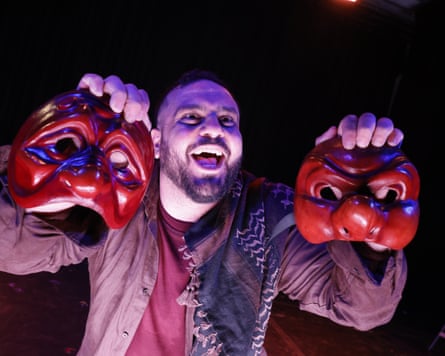
In the foreground are Shehada’s exuberant tales of the 1990s and 00s. In the backdrop hover soldiers with automatic firearms at checkpoints, tanks flattening homes, rockets firing at ambulances, killing celebrated doctors. The parallels from then to now are appalling in their never-ending violent circularity.
Artfully directed by Katrien van Beurden and Thomas van Ouwerkerk, the production is one of a number of Palestinian stories at this year’s fringe including My Name Is Rachel Corrie, Nowhere and Balfour Reparations. Shehada is very funny and full of energy, mixing English with Arabic, using commedia dell’arte masks and mime in funny and haunting ways, taking wry snipes at western media searches for tragic stories in the region. It builds to a gut-punch, although there is no self-pity or sentimentality. This is a production that chooses to find joy amid horror.
Alaa’s friendship with Ahmed, in its innocence and loss, is deeply moving. And how can anyone fail to feel the resonance of this amid reports – rejected by the IDF – that the Israeli army is shooting at children? All that is left, in such abject circumstances, is storytelling – and Shehada knows it power.
-
At Pleasance Dome, Edinburgh until 25 August.
-
All our Edinburgh festival reviews

 3 months ago
95
3 months ago
95
